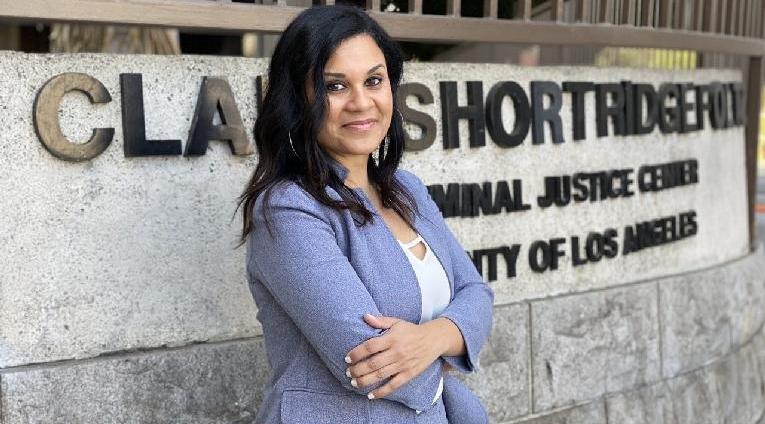
*A common misconception of the criminal justice system is that it is as simple as guilty people admitting their guilt and innocent people going free.
The truth in our courtrooms is rarely so clear. Instead, there are layers of issues beyond guilt, including systemic injustice, rushed proceedings, undue pressure, and broad prosecutorial discretion on what charges are filed and the length of sentence that will result.
Plea bargaining — an imperfect and often coercive process — usually dictates criminal justice system outcomes, and it can be a tool to either fuel over-criminalization or to obtain restorative and just outcomes, depending on how it is wielded. In the United States, more than 90 % of criminal cases end in guilty pleas. Our criminal justice system rarely produces the exciting jury trial scenes from our favorite movies and TV shows; it instead produces the rote theater of back-to-back guilty pleas.
The plea bargaining process that yields the great majority of these guilty pleas is riddled with risks of coercion. This is especially the case when an accused person is behind bars. When a person is locked up pretrial, they risk losing their job, losing their home, and even losing custody of their children. Under these circumstances, there is a strong incentive to plead guilty if it comes with a promise to go home soon. It is not surprising, then, that studies have shown pretrial detention increases a person’s likelihood of pleading guilty by 46 %.
In Los Angeles, on any given day, approximately 44 % of people in County Jail – around 7,500 people – are locked up pre-trial and deciding whether to plead guilty.
The plea bargaining process is also a byproduct of over-burdensome caseloads combined with the time and stress of jury trials. When there are hundreds of cases to get through in a day in court, the prosecutor, judge, and sometimes even the defense attorney, are all incentivized to resolve cases. There is precious little time to determine what result will adequately ensure public safety, respect the interests and wishes of victims, and be consistent with the facts. Every actor in the criminal justice system is faced with incredible pressure to keep the cases moving and get them resolved. Indeed, it is a truism in the criminal justice world that if every defendant exercised his or her right to trial, the system as it currently operates would cease to function.
Often, these structural problems in the plea bargaining process result in innocent people pleading guilty. In nearly 11 % of the nation’s DNA exoneration cases, innocent people entered guilty pleas. And these are just the cases where DNA made it possible to overturn a conviction; researchers do not know how many innocent people have in fact pleaded guilty.
Plea bargaining also takes place within the broader systemic racism entrenched in the justice system. When the plea offer that is made is decided by any person, conscious and unconscious biases create disadvantage and inequality across race, ethnicity, gender, and age. While research shows that increasing the diversity of prosecutors decreases racial sentencing disparities, 95 % of elected prosecutors in the U.S. are white. These disparate results are clear when the odds of receiving a plea offer that includes incarceration are almost seventy percent greater for Black people than white people.
But before you decide it is time to do away with plea bargaining entirely, realize that it can also be used to bring humanity into a justice system that is not built to understand or fix societal problems. The plea bargaining process can potentially provide a mechanism for reformative and decarcerative efforts to succeed. It can allow a prosecutor to look at a person and a situation and decide whether treatment, programs, employment or other outcomes would better ensure public safety than jail.
For example, a person experiencing a significant mental health crisis who yells out a threat could be charged with a felony “strike” offense and face years of prison time. By virtue of the plea bargaining process, a prosecutor has the power to charge a misdemeanor instead, to pursue alternatives to incarceration as a sentence, or to charge no criminal offense at all and instead refer the person to mental health treatment.
Our justice system is far from perfect. And plea bargaining has many flaws that reflect the larger problems within the system, and society at large. But in the right hands, prosecutorial discretion provides the power to scale back on mass incarceration, promote public safety, and ensure restorative and just outcomes.
About the Author
Rachel Rossi is a former candidate for Los Angeles District Attorney and former federal and county public defender in Los Angeles.
We Publish News 24/7. Don’t Miss A Story. Click HERE to SUBSCRIBE to Our Newsletter Now!





